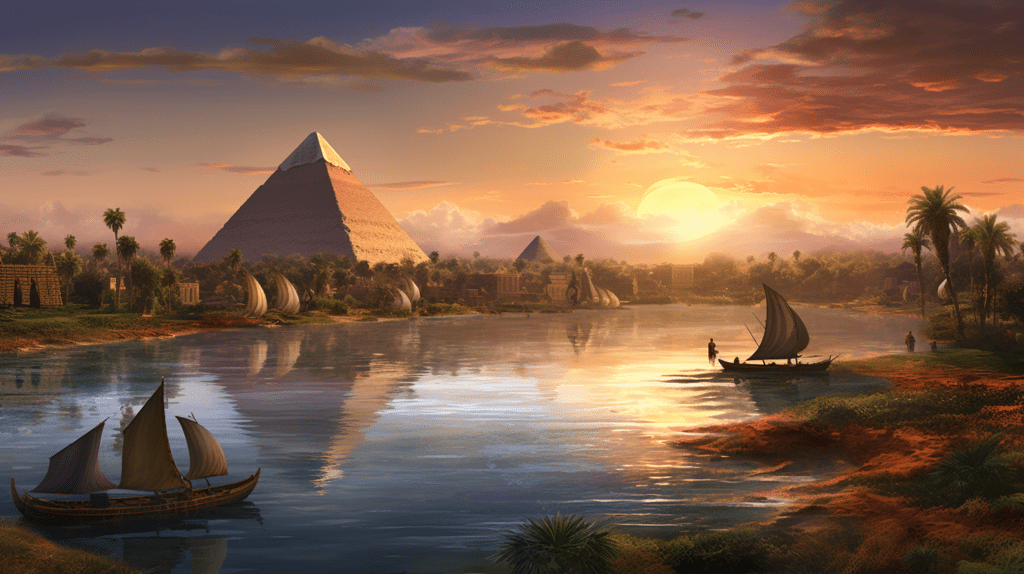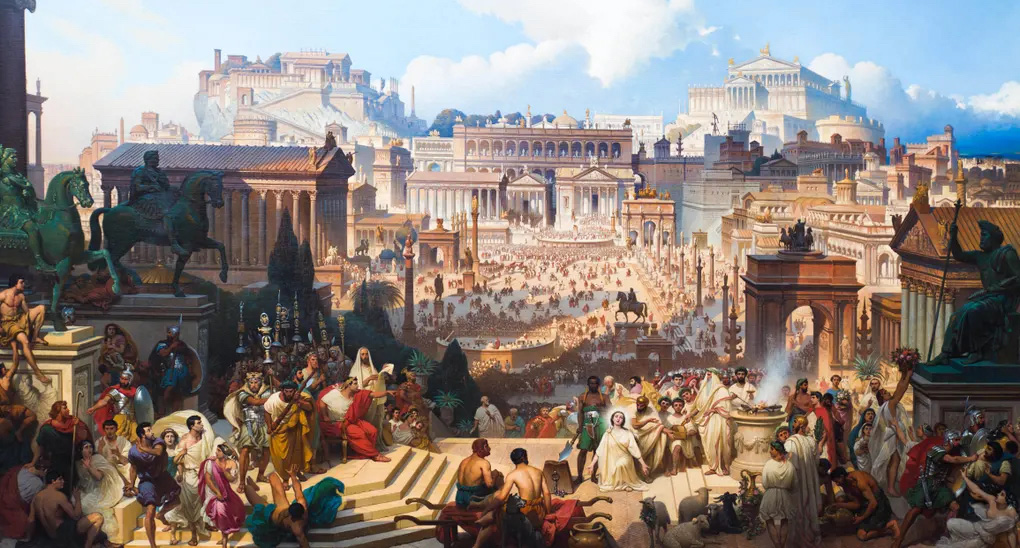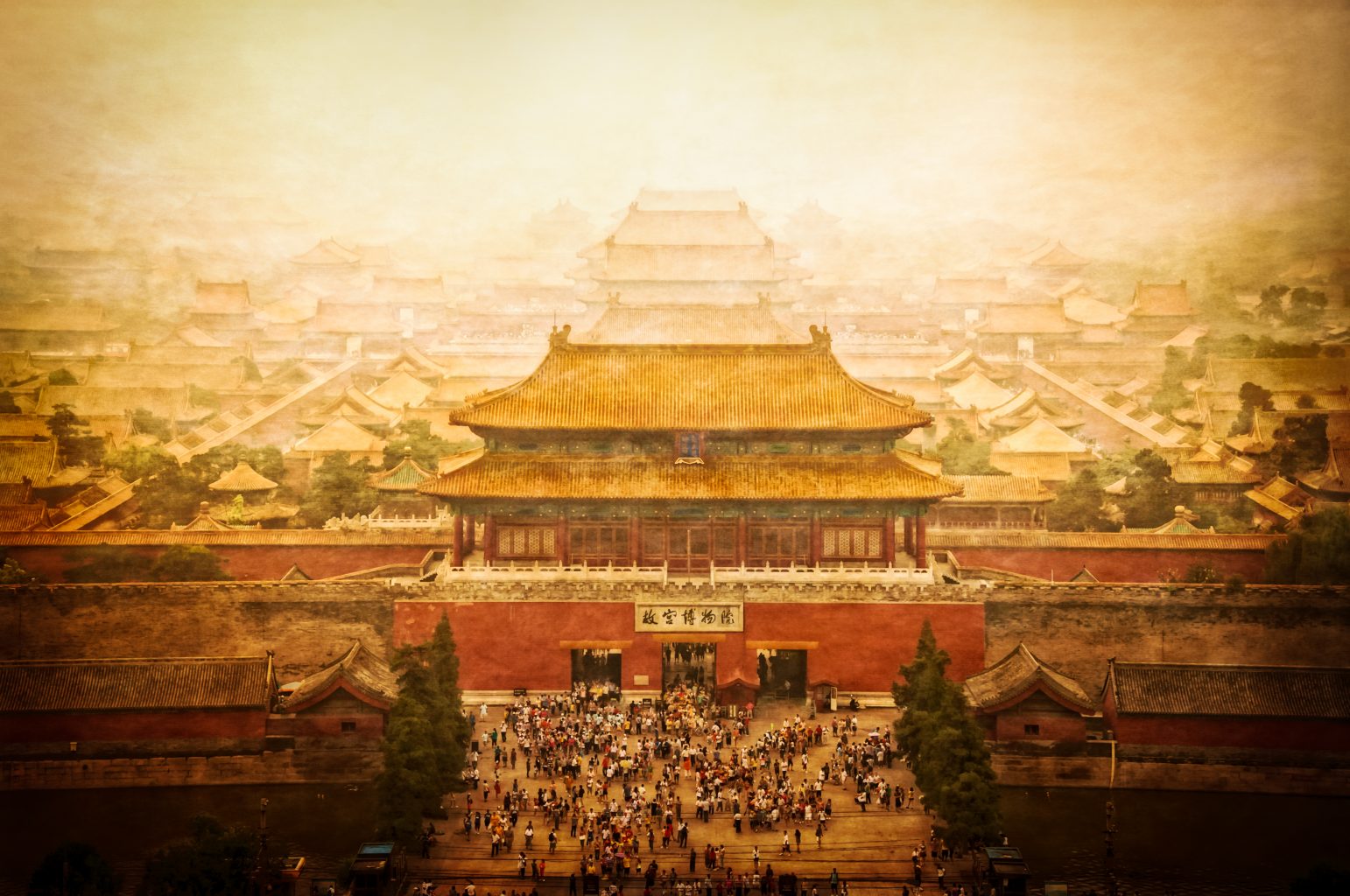Human history is a tapestry woven with the rise and fall of civilizations, each leaving an indelible mark on the world. From creating complex social structures to advancing science and art, these civilizations have shaped the course of history and continue to influence our modern world. Let's delve into the histories of some of the greatest civilizations known to mankind, exploring their achievements and legacies.
1. Ancient Egypt - The Civilization of the Nile 🇪🇬

- Time Period: Circa 3100 BCE to 30 BCE
- Achievements: Ancient Egypt is renowned for its monumental architecture, including the Pyramids of Giza and the Sphinx. Egyptians made significant advances in medicine, mathematics, and astronomy. They also developed a system of hieroglyphics, one of the earliest writing systems.
- Legacy: The concept of an organized state with a centralized leadership began here. The religious and cultural icons of Egypt continue to fascinate scholars and tourists alike.
2. The Roman Empire - Masters of Administration 🏰

- Time Period: 27 BCE to 476 CE (Western Roman Empire)
- Achievements: The Romans excelled in engineering and construction, building extensive road networks, aqueducts, and amphitheaters. They also refined legal systems that are the basis for many legal practices used today.
- Legacy: The Latin language and Roman legal structures have influenced countless cultures globally. The Roman emphasis on governance and engineering continues to be studied and admired.
3. The Han Dynasty - The Golden Age of China 🐉

- Time Period: 206 BCE to 220 CE
- Achievements: This era is known as the golden age of China due to significant advancements in science, technology, and culture. The Han Dynasty saw the invention of paper, the codification of the Silk Road, and the development of the civil service examination system.
- Legacy: The Han Dynasty laid the foundations for traditional Chinese culture and government. Many of their inventions and administrative practices have been integral to the development of East Asia and the wider world.
4. The Maya Civilization - The Mysterious Mesoamericans 🌿

- Time Period: Circa 2000 BCE to 900 CE
- Achievements: The Maya are noted for their elaborate calendar systems and hieroglyphic writing, as well as for their achievements in mathematics and astronomy.
- Legacy: Despite the mysterious decline of their cities, the Maya left behind stunning architectural sites like Tikal and Chichen Itza, and their calendar system sparked popular interest and study.
5. The Persian Empire - The Crossroads of Culture 🌐

- Time Period: 550 BCE to 330 BCE
- Achievements: The Persians established one of the largest empires in ancient history, known for its cultural diversity and tolerance. They developed an efficient administrative system and made significant contributions to the arts.
- Legacy: The Persian influence on art, politics, and religion can be seen in the vast region they once controlled, spanning across parts of today's Middle East and Central Asia.
Echoes of Greatness 🔍📚
The civilizations of Ancient Egypt, the Roman Empire, the Han Dynasty, the Maya, and the Persian Empire demonstrate the incredible ingenuity of humans to adapt, innovate, and thrive. Their legacies are not just remnants of history but living influences that continue to shape modern societies. By studying these civilizations, we gain insights into human progress and the universal challenges and aspirations of societies.
Download Now







